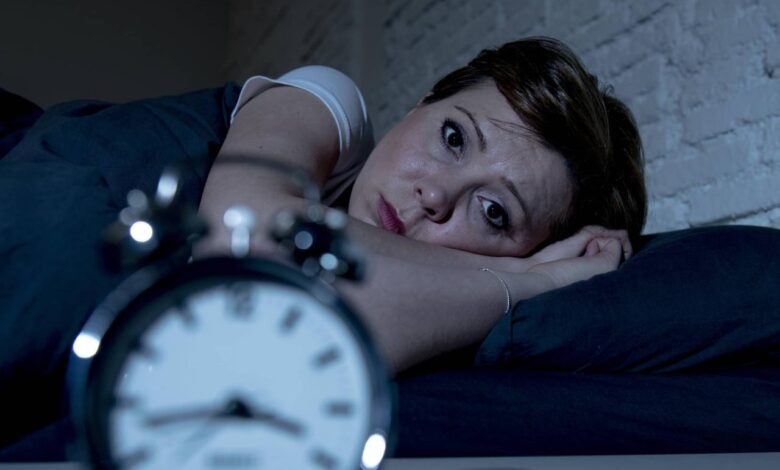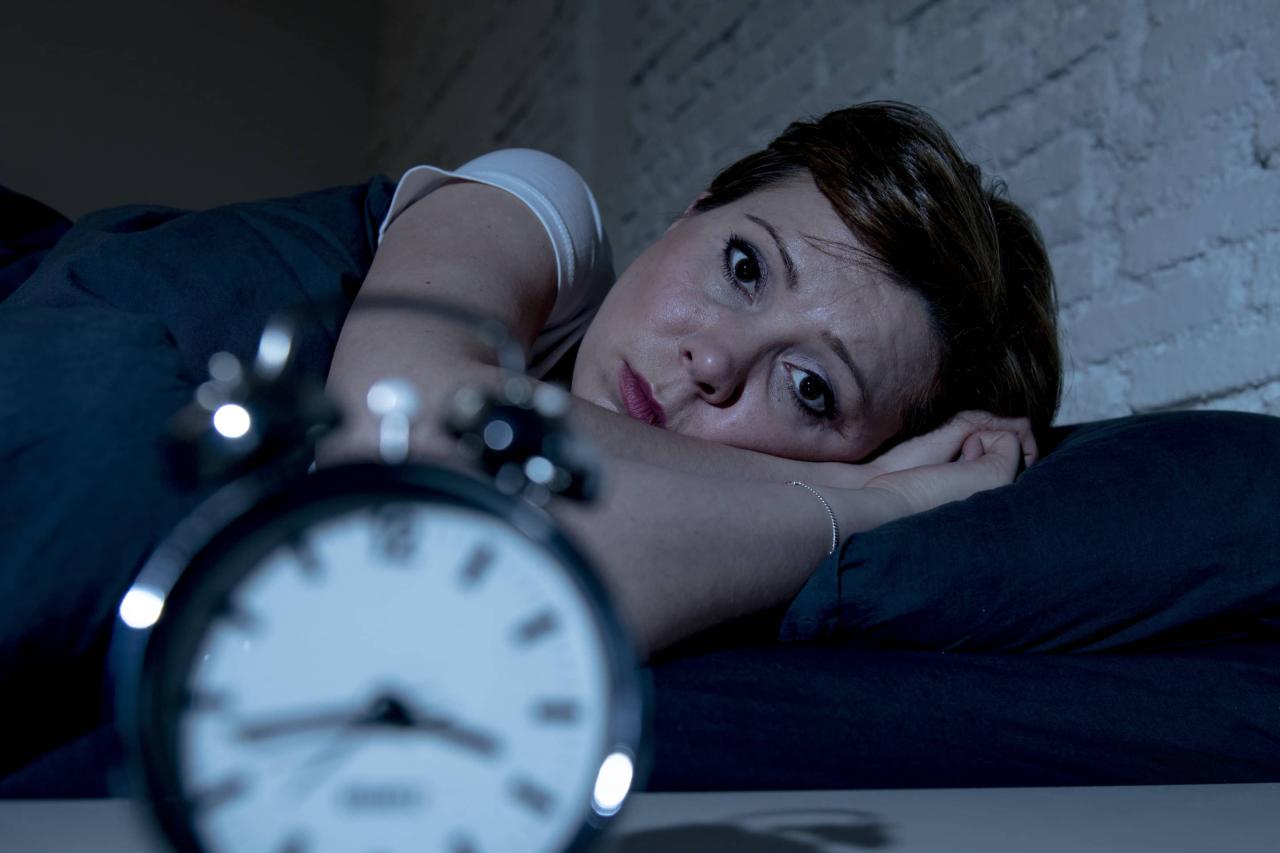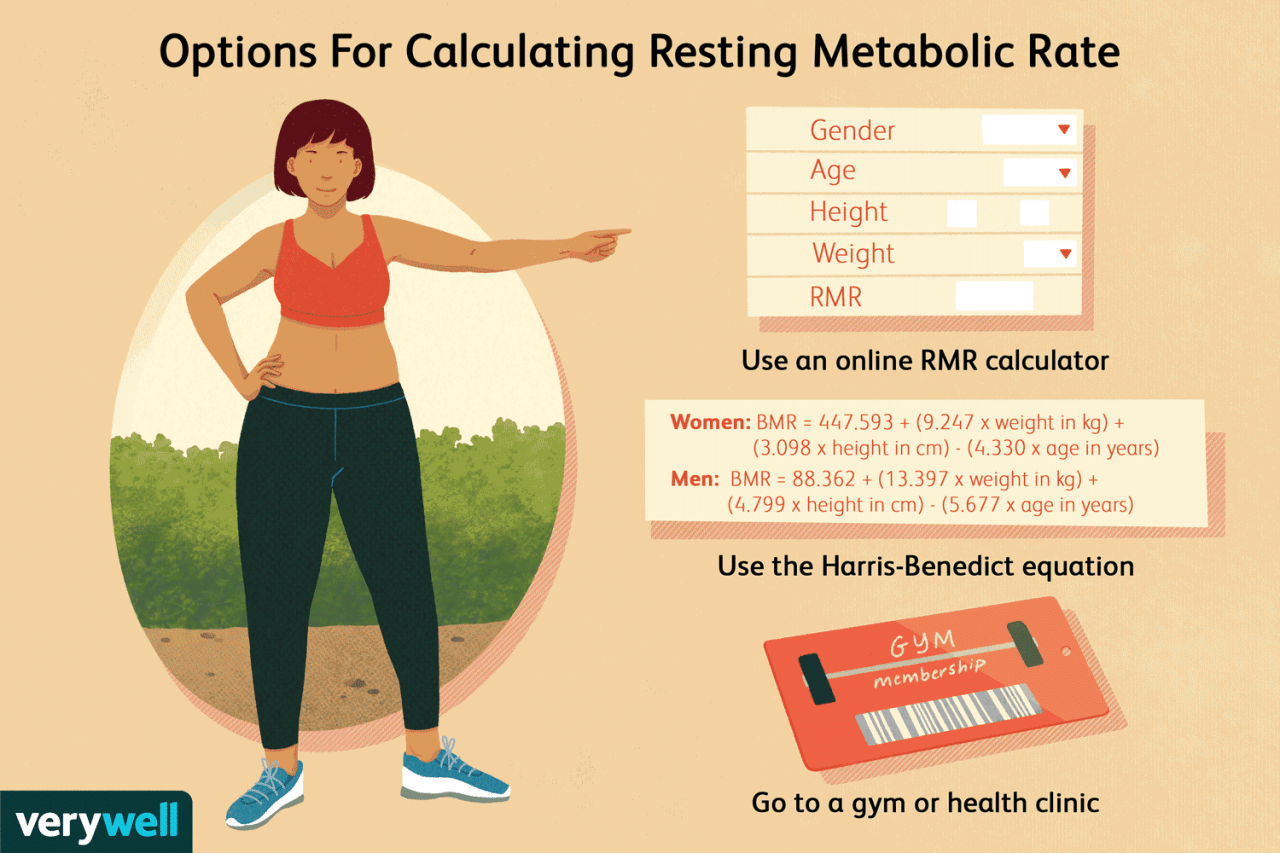
The Undeniable Reason You Need to Deal With Insomnia
The undeniable reason you need to deal with insomnia isn’t just about feeling tired; it’s about safeguarding your overall well-being. Insomnia isn’t just a fleeting inconvenience – it’s a serious issue that can impact your physical and mental health in profound ways.
From disrupting your sleep cycle to affecting your mood and cognitive function, insomnia can have a domino effect on your life.
Imagine a world where you wake up feeling refreshed, energized, and ready to conquer the day. This is the power of quality sleep, and it’s something that everyone deserves. But when insomnia throws a wrench into your sleep routine, it can feel like you’re constantly battling an uphill battle.
Seeking Professional Help
Persistent insomnia can significantly impact your quality of life, affecting your mood, concentration, and overall well-being. If you’ve tried various self-help strategies and your insomnia persists, seeking professional help is crucial.
The Role of a Sleep Specialist
A sleep specialist is a healthcare professional specializing in diagnosing and treating sleep disorders, including insomnia. They can conduct a thorough evaluation to identify the underlying causes of your insomnia and recommend appropriate treatment options. This evaluation might involve a sleep study, a detailed medical history, and a physical examination.
Medications and Therapies for Insomnia, The undeniable reason you need to deal with insomnia
Sleep specialists may recommend various medications and therapies to address insomnia, depending on the underlying cause and individual needs.
Medications
Some medications commonly used to treat insomnia include:
- Hypnotics: These medications help induce sleep and improve sleep quality. They are often prescribed for short-term use, as long-term use can lead to dependence. Examples include zolpidem (Ambien), eszopiclone (Lunesta), and ramelteon (Rozerem).
- Antidepressants: Certain antidepressants, such as trazodone and mirtazapine, can have sedative effects and may be helpful in treating insomnia, particularly if depression or anxiety is a contributing factor.
- Antihistamines: Some over-the-counter antihistamines, such as diphenhydramine (Benadryl), can have sedative effects and may be helpful for short-term insomnia relief. However, they can cause drowsiness and other side effects, so they are not recommended for long-term use.
Therapies
Cognitive-behavioral therapy for insomnia (CBT-I) is a highly effective non-medication treatment option for insomnia. CBT-I aims to identify and modify negative thoughts and behaviors related to sleep. It involves techniques such as:
- Stimulus control: This involves establishing a regular sleep-wake cycle, creating a relaxing bedtime routine, and avoiding stimulants like caffeine and alcohol before bed.
- Sleep restriction: This technique involves limiting the time spent in bed to only when you are actually sleeping, helping to improve sleep efficiency.
- Relaxation techniques: Techniques like deep breathing, progressive muscle relaxation, and mindfulness meditation can help reduce anxiety and promote relaxation before bed.
Other therapies that may be helpful for insomnia include:
- Light therapy: Exposure to bright light during the day and dim light in the evening can help regulate the body’s natural sleep-wake cycle.
- Exercise: Regular physical activity can improve sleep quality, but avoid exercising too close to bedtime.
Final Wrap-Up: The Undeniable Reason You Need To Deal With Insomnia

While insomnia can be a formidable opponent, it’s not unbeatable. By understanding the underlying causes, implementing effective strategies, and seeking professional help when needed, you can reclaim your sleep and unlock the incredible benefits of a well-rested mind and body.
Remember, prioritizing your sleep is an investment in your overall health and happiness, and it’s a journey worth taking.
You know that feeling when you’re so tired you can barely function, but your brain is still buzzing with thoughts? That’s insomnia, and it’s not just about feeling sleepy – it can wreak havoc on your mood, productivity, and even your health.
But a good night’s sleep can be within reach, and sometimes a warm, comforting meal like this butternut squash black bean chili recipe can be the perfect way to wind down before bed. After all, a relaxed mind and a full stomach can work wonders for a good night’s rest.
Let’s face it, insomnia can really throw a wrench in your whole day. It’s hard to function when you’re sleep-deprived, and it can even impact your health. One way to take better care of yourself is to make healthier choices, even when it comes to your favorite takeout.
Check out these healthy ways to order Chipotle to fuel your body without sacrificing your cravings. You’ll feel better and be better equipped to tackle those sleep issues.
You know how they say a good night’s sleep is crucial for overall health? Well, it’s even more important if you’re trying to lose weight. When you’re sleep-deprived, your body throws off its natural hormonal balance, which can wreak havoc on your metabolism.
You’re more likely to crave sugary snacks and struggle to burn fat. That’s why understanding the role of hormones like leptin, ghrelin, and cortisol is key to achieving your weight loss goals. Check out this article on 3 hormones to keep in mind for weight loss for more information, and then get those Zzz’s! After all, a well-rested body is a weight-loss-ready body.






